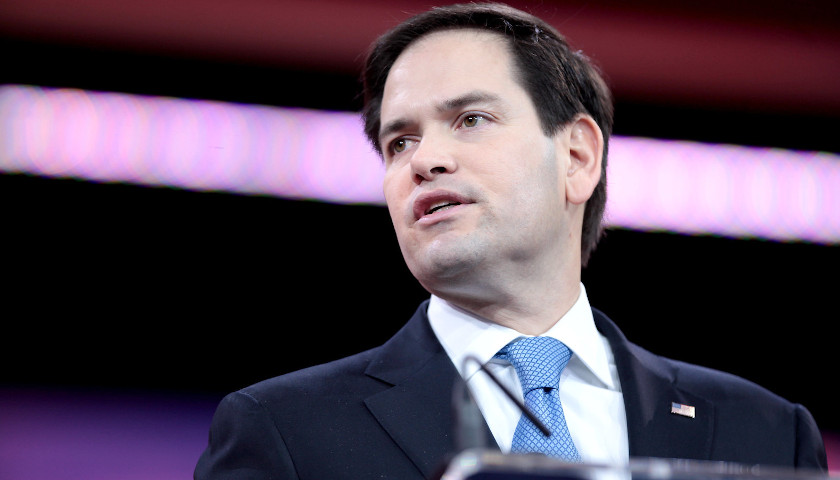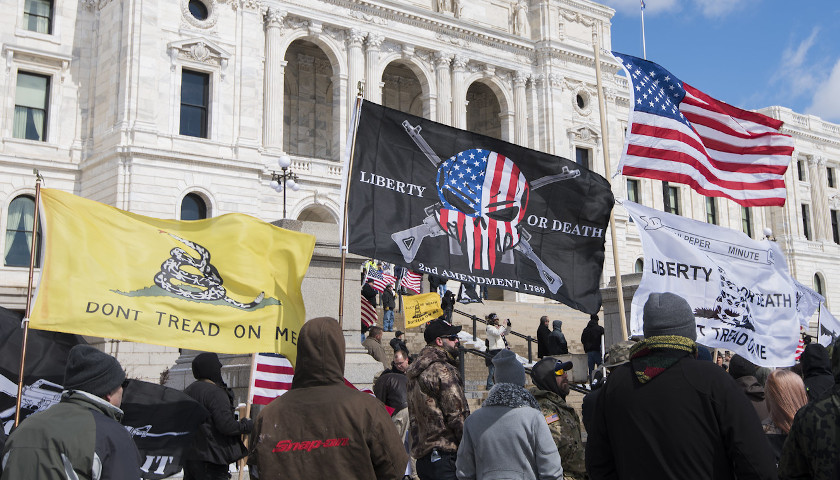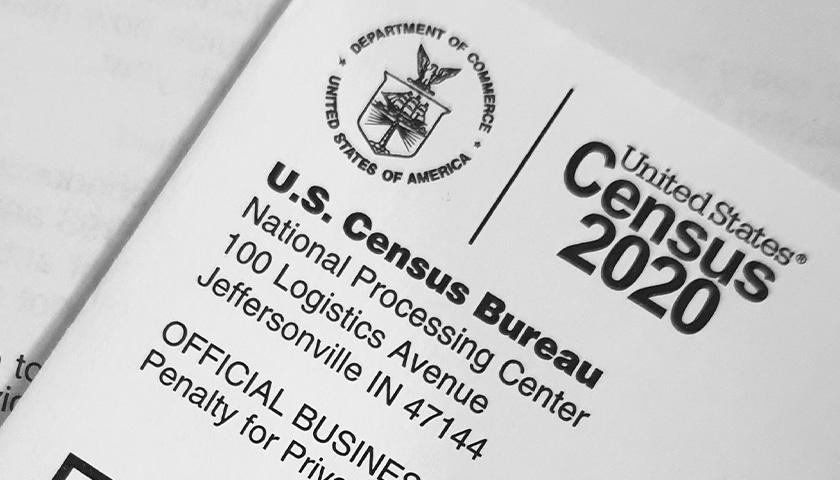Sen. Marco Rubio, R-Fla., is leading a coalition of Republicans in Congress to sponsor legislation that would ban federal funding to states or localities that allow foreigners to vote in U.S. elections.
The new legislation, dubbed the Protecting Our Democracy by Preventing Foreign Citizens from Voting Act, was introduced after many liberal municipalities from San Francisco to New York have moved in 2021 to allow non-citizens to cast ballots in local elections
“It’s ridiculous that states are allowing foreign citizens to vote,” Rubio said. “However, if states and localities do let those who are not U.S. citizens to vote in elections, they shouldn’t get U.S. citizen taxpayer money.”
Read More









